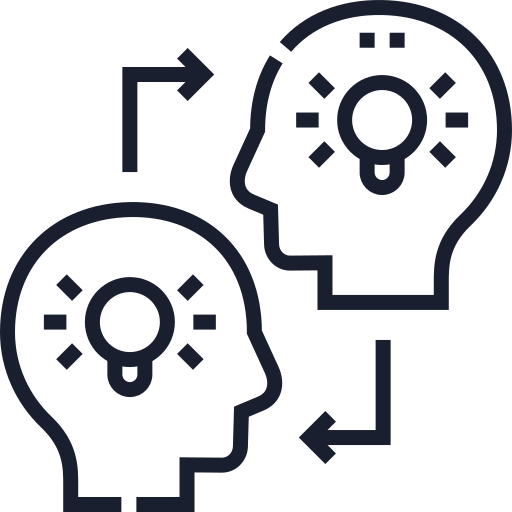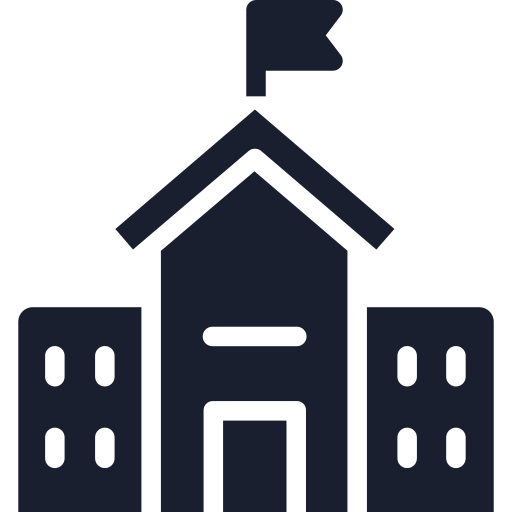Investment in Curriculum
“Curriculum is a systematic and intended packaging of competencies (i.e. knowledge, skills and attitudes that are underpinned by values) that learners should acquire through organised learning experiences both in formal and non-formal settings.”
UNESCO, Curriculum as the Spirit and Subject Matter of Education, 2022
What characterises the CGS curriculum?
Curriculum is at the heart of teaching and learning: it is the content and the context of the knowledge, skills, and values that constitute the academic, cultural, and social experience we offer our students. Ours is both a national and an international community, and we recognise the huge advantage of that context in all we do. Embedded in the curriculum are the values and beliefs that CGS students will take out into the world, which will mark them as high-achieving and ethical individuals.
Dominic Tomalin, Principal, CATS Cambridge
How does the CGS curriculum achieve this?
CGS brings a uniquely diverse and energetic context to develop a set of curricular frameworks that address the academic skills, values, and beliefs that will position our learners to be the best they can be.
In our Preparatory schools (ages 2-11), knowledge is represented through a broad and balanced approach, with an emphasis on developing children’s natural curiosity to learn. Knowledge is embedded in a range of teaching and learning approaches, including experiential learning. Our highly experienced prep school teachers and leaders work together to design a stimulating and appropriate curriculum that builds on children’s current learning needs and segues into their senior school curriculum. Children are encouraged to have confidence in their own abilities and, importantly, are supported in understanding effective learning strategies. CGS prep schools help children develop transferable learning skills for academic and life success.
Karen Wyborn, Head of Prep, Bournemouth Collegiate School
Our Senior schools (ages 11-18) build on and develop this positive approach to learning alongside a clear focus on academic achievement. The Senior schools offer an impressively wide range of routes to academic and vocational success, including opportunities for traditional examination routes such as GCSE and A Level, through to the IB Diploma Programme (IBDP), the highly regarded University Foundation Programme, and Financial Trading in the Bloomberg Business Lab at Guildhouse School.
Some of our schools also have curriculum specialisations. Cambridge School for Visual and Performing Arts, for example, works with educators who are also practising artists, playwrights, and musicians – a range of professional experts successful in their fields.
But the curriculum is not simply about academic success. It is also about building a rounded life that will prove satisfying and worthwhile. Supporting this aim, CGS also offers a wide range of extra and super-curricular activities – for example, music, art, and sports, such as our basketball program at CATS Academy Boston, USA.
Personal qualities are developed through a curriculum where the World Economic Forum skills are given life: creativity, critical thinking, complex problem solving, leadership, and emotional intelligence all thrive in our environment. National awards, such as the Duke of Edinburgh Award (DoE), designed to build resilience and independence, are also offered.
“Competencies are not developed and acquired in a vacuum, but rather the curriculum shall foster the connections among them to ensure that learners can exert their freedom to enhance individual and collective well-being, and to act ethically and competently in light of diverse challenges.”
UNESCO, Curriculum as the Spirit and Subject Matter of Education, 2022
Our Education Philosophy
We have an unrelenting focus on the skills and knowledge our students really need from education to live and thrive in a complex and ambiguous world. Regardless of the CGS school, students benefit from our well-honed philosophy, which centres around investment in five key areas: students, teachers, curriculum (what to teach), pedagogy (how to teach), and boarding.
Investment in Students
Empowering students to become leaders of their own learning
Investment in Teachers
Professional development for teachers at every stage of their career

Investment in Curriculum
Creating a curriculum to help learners be the best that they can be

Investment in Pedagogy
Tailoring pedagogies to meet our students’ individual needs

Investment in Boarding
Creating a home away from home for boarders